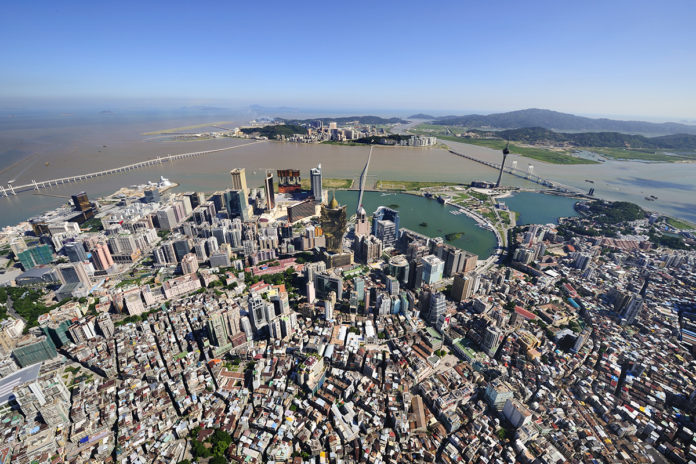The Chinese Government has announced that it will reduce tariffs on high demand imported products such as cosmetics, clothing and accessories in order to boost spending and stimulate the economy. But observers underlined that the measure is also targeting illegal trade across the border, namely in Macau and Hong Kong, the South China Morning Post (SCMP) reported. The State Council announced the measure following a meeting chaired by Premier Li Keqiang, saying it has the goal of boosting domestic consumption to stabilise economic growth. China is urging departments to come up with detailed plans to implement the policy soon. Chinese authorities added that a trial run is starting in June for imported products in high demand and called for adjusting the current consumption tax policy that importers also face bringing in everyday items such as cosmetics, clothing and accessories, the SCMP reported. Other initiatives include more duty-free shops at ports of entry, while overseas tourists are likely to enjoy an easier process claiming back sales tax. Impact To SCMP, Hong Kong tourism sector lawmaker Yiu Si-wing said the exact impact of the policy on the city’s visitor arrival numbers and parallel trading problem could not be assessed until the scope of the changes was announced. He expected the Mainland authorities to take a gradual approach and for Hong Kong to continue enjoying certain advantages over shops on the other side of the border. The city in any event offered a wider variety of goods of higher quality, he said. Protests against illegal trade and excessive purchases by Mainland visitors in Hong Kong and Macau have recently increased, with the local populations accusing the former of pushing up prices of regular household goods. In Macau, the illegal trade of dairy products, cosmetics and clothes is an issue authorities have fought for years. Zhao Ping, a senior researcher at the Chinese Academy of International Trade and Economic Co-operation under the Ministry of Commerce, said the tariff reduction could drive Mainland retail sales growth 0.5 to 1 percentage points higher. “That would be a rather remarkable push,” she said to SCMP. L.G.
—
























